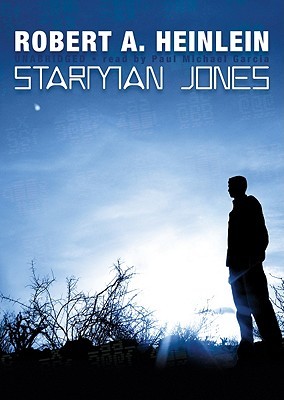Max Jones is a farmer who dreams of the stars, and when his mom remarries a bully, Max runs away with his uncle’s astrogation manuals and a library book that needs returning. On his adventures to the big city, Max is robbed, his identity stolen, and he is denied entry to astrogater training. But with the help of a friend, Max discovers his photographic memory of the books on star navigation is a ticket to space, even if he has to lie to get there.
My favorite character is the treacherous adviser Sam, who is just as likely to exploit his student as mentor him, serving as an example of how an unfair system with so few choices creates men who cheat and steal, but who are still good people. Max even states an intention of dismantling the system of astrogater training, which is based entirely on nepotism. Unfortunately, Max’s success on the star ship relies little on his cleverness or charm; instead, he gets ahead because of his photographic memory, which feels a little too convenient.
One of the first young-adult science fiction novels, Starman Jones shows it’s age. Star-navigators are trained to quickly chart a ship’s course with slide rulers and books containing charts and tables of numbers, which is quite outdated now in a world of computing devices like my smartphone, but I find this limitation charming. But even if outdated technology is cute, idiot savants and sexism is not. There are no women in the ranks, but at least Max’s love interest is beautiful and smart, even if only demonstrated by her incessant wins at 3D chess.
Recommended for fans of early classic scifi!
“Everybody is equal. Everybody! That’s the law.”
“They are? Only from the top.”
